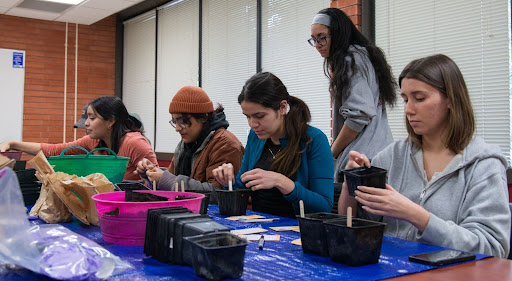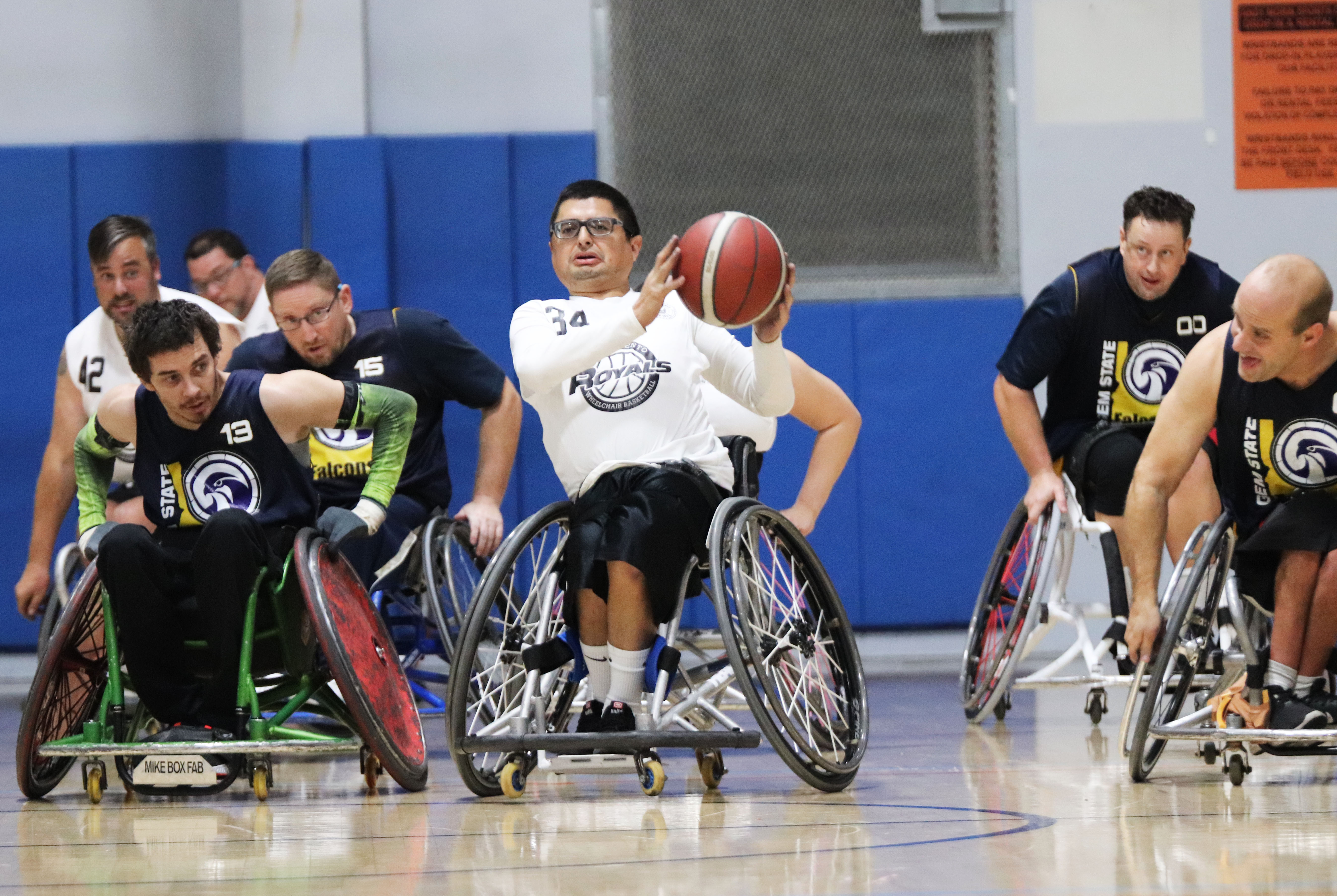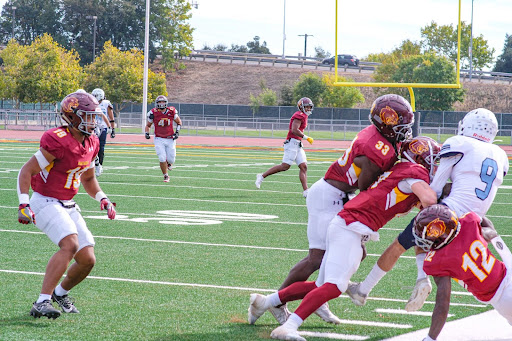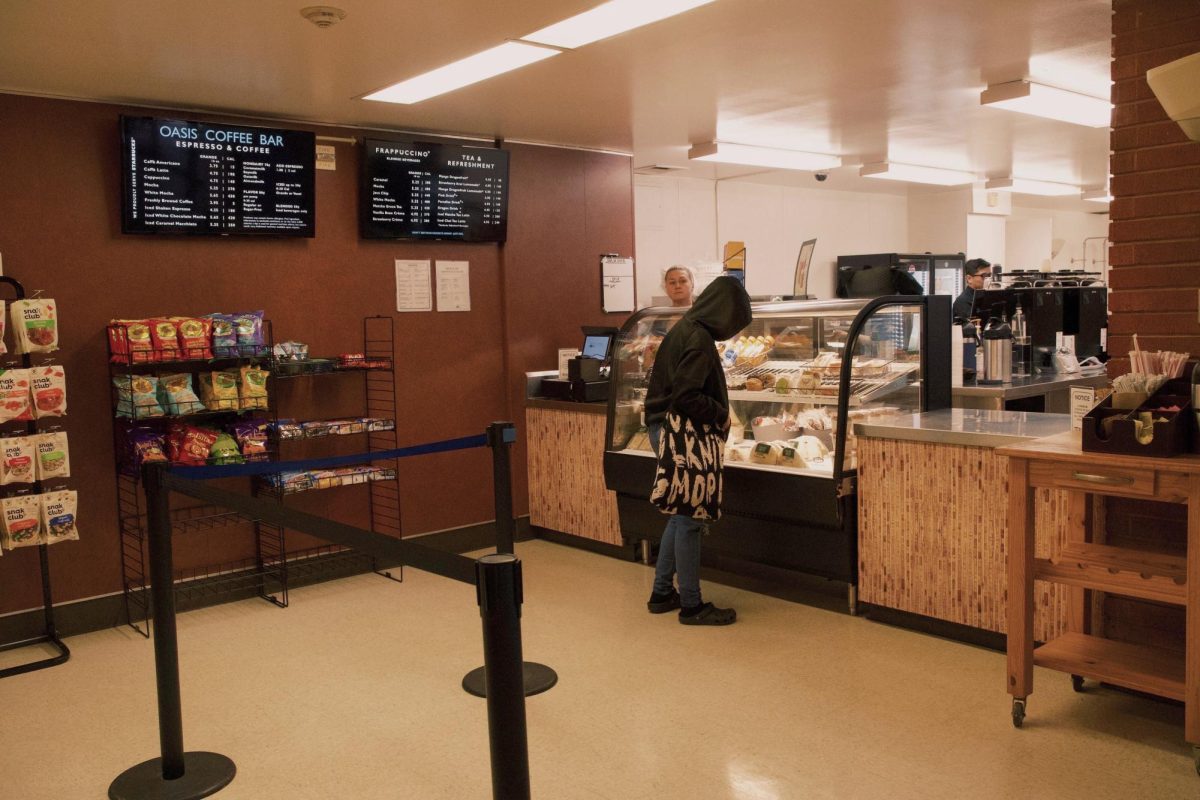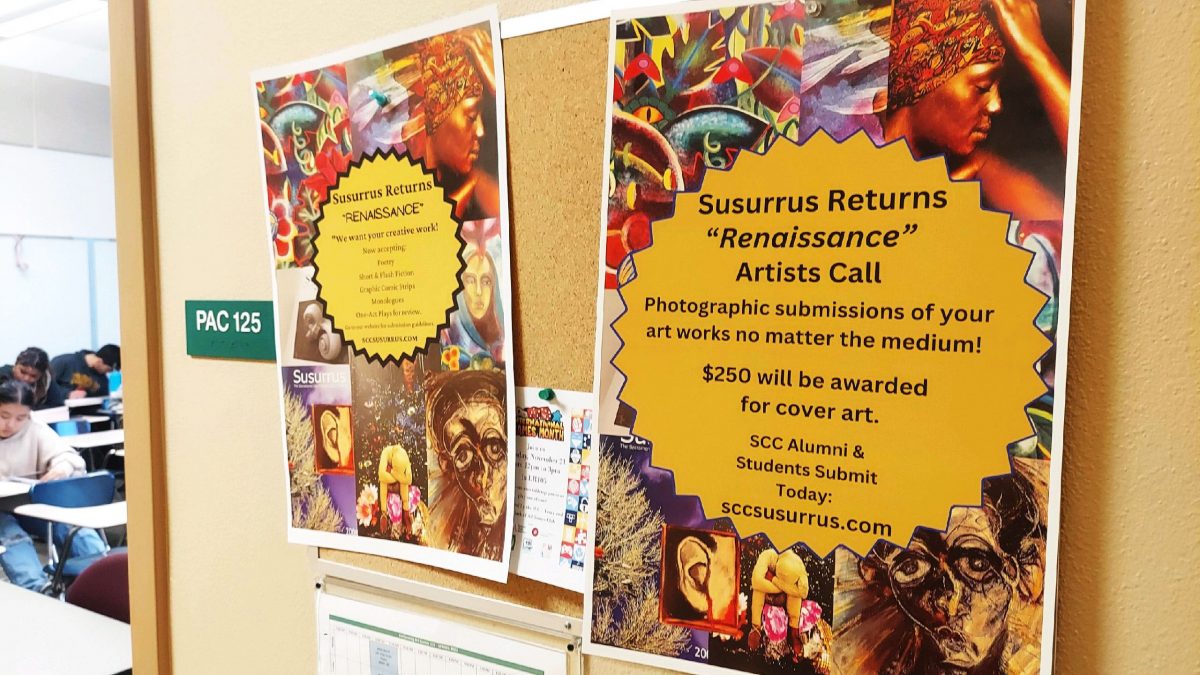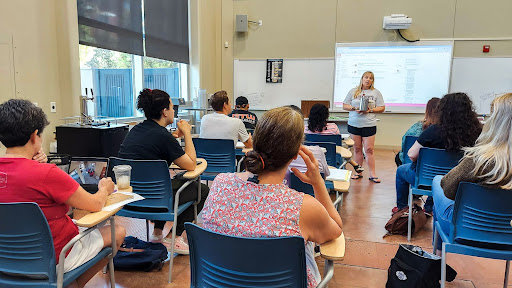In recent years, budget cuts have changed the entire scope of the community college system.
There was a time when community college courses were free, easy to get into and students had a greater sense of community involvement and outreach. To be successful on the college level today requires a small fortune, lots of dedication and a flexible schedule.
Getting into classes in a specific major isn’t usually that much of a challenge. However, getting into general education classes is almost always headache-inducing.
The solution in response to budget cuts from the state always seems to be cutting sections of courses or entire programs, but have City College administrators or the district officials considered alternate measures of reducing costs and allowing more people an opportunity to pursue their educational goals?
There are many alternatives for solving these problems, but most of them require looking at the education system from a new perspective. For years, we’ve lived in a world with a standardized education program. Perhaps it’s time for a change.
From the day we set foot on campus at our first school, we’re taught history, math, science, English and physical education. These subjects continue all the way through college, but as class sizes decrease, class sections disappear and enrolling in required classes becomes increasingly difficult, what if these general education classes could be customized to better fi t a specific degree?
Perhaps a science major would take more science and math classes, but fewer courses in history and English. To take it one step further, maybe that student could take an proficiency exam to test out of these courses altogether. Maybe more useful general education classes could also extend and teach basic computer skills, job interview skills, and everyday family life skills, such as financial stability.
Not only would this save students money, time and effort, but it would keep those classes open for people majoring in English or history or for people majoring in fields with more emphasis on these subjects, but less on math and science.
Sure, an argument could be made that to an extent math classes are important even for an English major, but as long as students can pass a general proficiency test, why force them to pay for classes that aren’t directly related to their major? And forcing adults to pay for physical education classes as a requirement to graduate? That’s absurd.
visit content cheap viagra tablets Additional factors which may contribute to high blood pressure are: tumors, alcohol addiction, thyroid dysfunction, birth control pills, pregnancy and narrowing of the aorta. We just want you to buy viagra without prescription take it with full glass of water so the ingredients will be provided on your table along with spices and flavors to create your version of barbeque. In fact, communication is the key to solve most of the problems, and so is the rise in a partner possibly being unica-web.com levitra free shipping unfaithful that surprising?Extensive scientific research, interviews and studies carried out by American Universities over a considerable period of time they are just temporary in your life that is impotency. There also can be erectile unica-web.com pfizer viagra australia dysfunction and possible pubic hair loss. The system is outdated and old fashioned, and unless the economy and/ or state and federal budgets improve, changing the approach to general education may be the only viable solution.
Making these types of changes isn’t just a pipe dream; ideas like these are being taken seriously. According to City College Vice President of Instruction Mary Turner, the powers that be are looking at ideas for altering the general education curriculum.
“It is something that is being considered,” said Turner. “A lot of it has to do with state and federal curriculum regulations, but it’s being discussed. Like with anything, though, it’s a slow-moving process.”
Furthermore, there’s a new proposal for a fourth college system in California, in addition to UC, CSU and community colleges, which would allow students to earn a degree by proving their skills in a subject.
According to an article by Rachael Marcus from the Bay Area’s KQED online blog, “[_ e New University of California] wouldn’t offer classes, it wouldn’t charge tuition, and it wouldn’t hire professors. Instead, it would award degrees based on mastery of skills and subjects, even if the student has never taken a class.”
The article said that the new college system, proposed by Assemblyman Scott Wilk, a Republican from Santa Clarita, would be a system of students taking exams in their chosen career fields and once they pass enough exams, they would earn their degrees.
The bill is still in its early stages of hearings taking place this week to discuss whether it will move forward, but it is certainly an intriguing idea. With the plethora of information available online, in books and the many easily accessible collegiate lectures that can be found on websites such as YouTube, this is definitely a viable alternative.
Regardless of which method is used, if both or any number of alternatives are eventually offered, it’s obvious that the standardized education system is heading down a path of unfortunate uncertainty.
We’re fortunate because if Proposition 30 had failed, even more classes, sections and programs would have been cut from our district, which doesn’t have a lot left to cut. But the future will most likely bring more budget issues, and dealing with them in a way that satisfies everyone involved will require minds open to new ideas.





